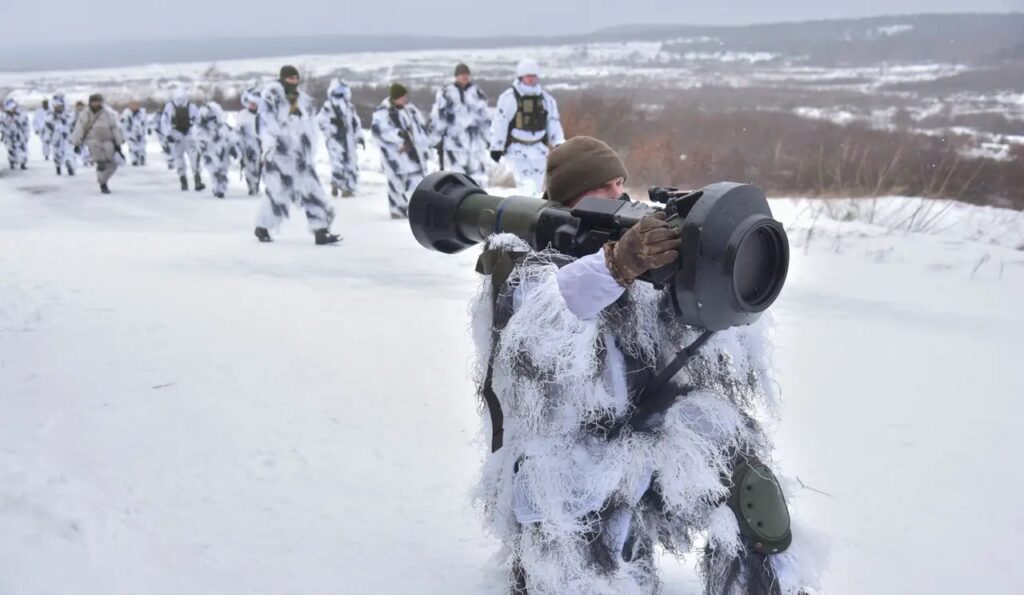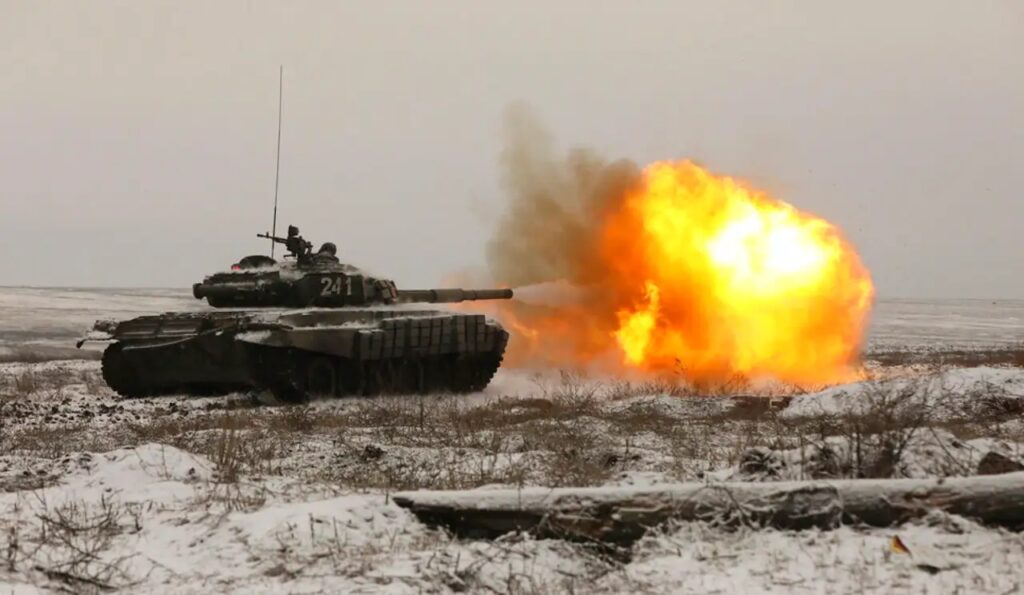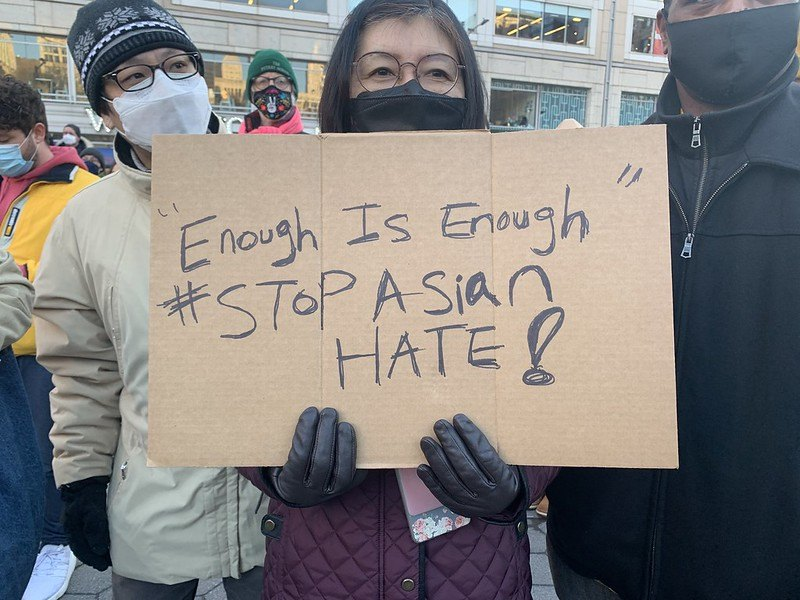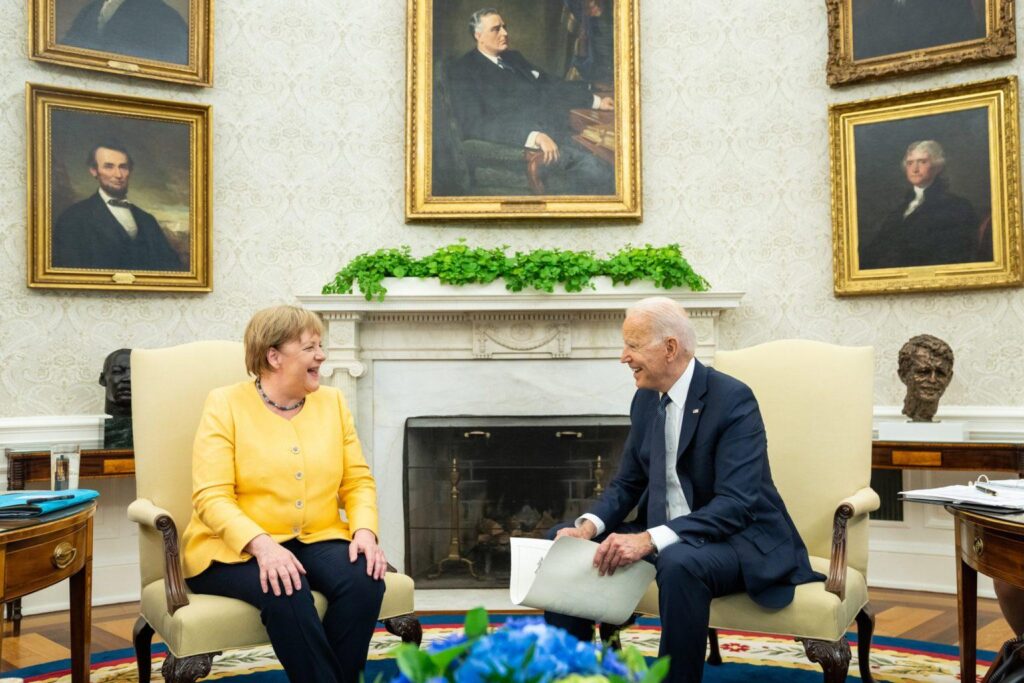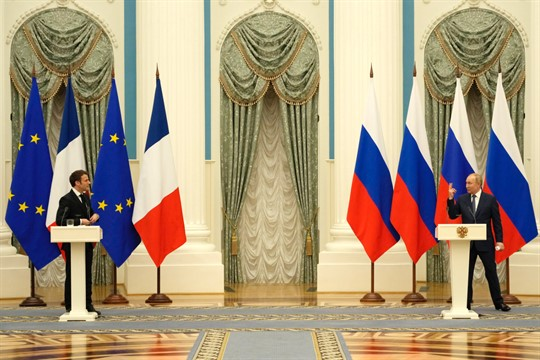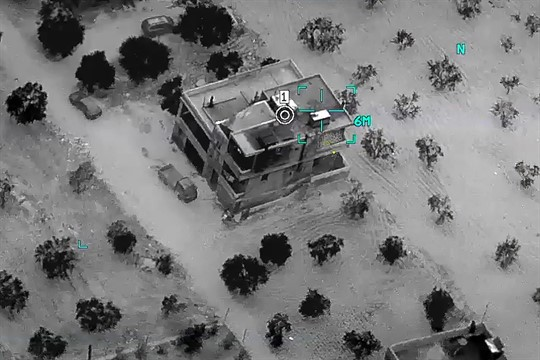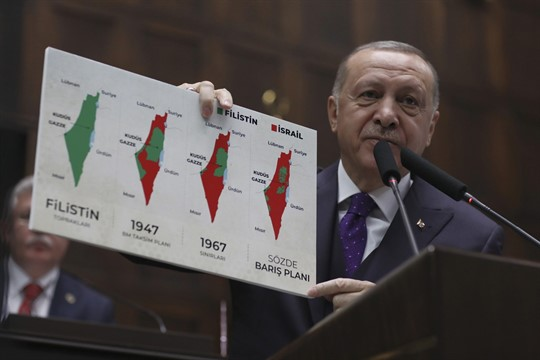For Russia and Iran, the Ukraine Crisis Is Already a Success. For Israel, It’s Bad News

The Ukraine crisis is a no-win situation for Israel, caught between America and Russia. But the impact of the crisis on Israel’s national security goes far further – taking in Iran, the Gulf and China
For most Israelis, Ukraine’s frigid, snow-shrouded expanses are far away, out of sight and out of mind.

